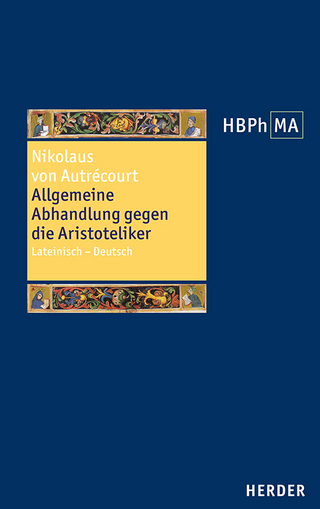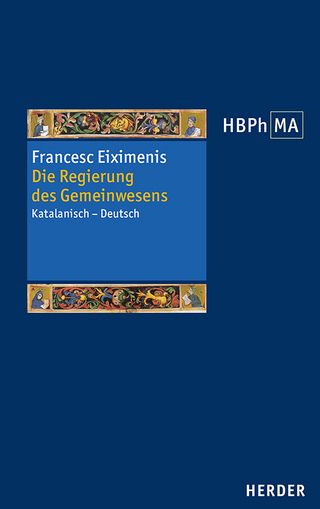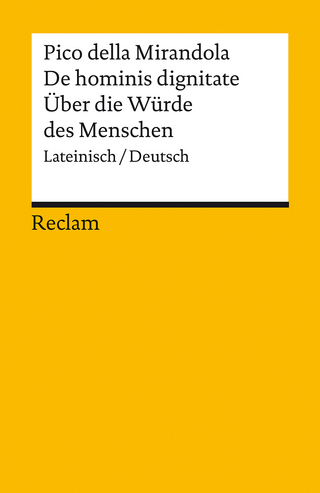
John Buridan on Self-Reference
Chapter Eight of Buridan's 'Sophismata', with a Translation, an Introduction, and a Philosophical Commentary
Seiten
1982
Cambridge University Press (Verlag)
978-0-521-28864-4 (ISBN)
Cambridge University Press (Verlag)
978-0-521-28864-4 (ISBN)
John Buridan is now being 'rediscovered' through his relevance to contemporary work in philosophical logic. The final chapter of Buridan's Sophismata deals with problems about self-reference, and in particular with the semantic paradoxes. He offers his own distinctive solution to the well-known 'Liar Paradox' and introduces a number of other paradoxes that will be unfamiliar to most logicians.
John Buridan was a fourteenth-century philosopher who enjoyed an enormous reputation for about two hundred years, was then totally neglected, and is now being 'rediscovered' through his relevance to contemporary work in philosophical logic. The final chapter of Buridan's Sophismata deals with problems about self-reference, and in particular with the semantic paradoxes. He offers his own distinctive solution to the well-known 'Liar Paradox' and introduces a number of other paradoxes that will be unfamiliar to most logicians. Buridan also moves on from these problems to more general questions about the nature of propositions, the criteria of their truth and falsity and the concepts of validity and knowledge. This edition of that chapter is intended to make Buridan's ideas and arguments accessible to a wider range of readers. The volume should interest many philosophers, linguists and logicians, who are increasingly finding in medieval work striking anticipations of their own concerns.
John Buridan was a fourteenth-century philosopher who enjoyed an enormous reputation for about two hundred years, was then totally neglected, and is now being 'rediscovered' through his relevance to contemporary work in philosophical logic. The final chapter of Buridan's Sophismata deals with problems about self-reference, and in particular with the semantic paradoxes. He offers his own distinctive solution to the well-known 'Liar Paradox' and introduces a number of other paradoxes that will be unfamiliar to most logicians. Buridan also moves on from these problems to more general questions about the nature of propositions, the criteria of their truth and falsity and the concepts of validity and knowledge. This edition of that chapter is intended to make Buridan's ideas and arguments accessible to a wider range of readers. The volume should interest many philosophers, linguists and logicians, who are increasingly finding in medieval work striking anticipations of their own concerns.
Preface; Introduction; 1. Introductory sophisms; 2. Alethic paradoxes; 3. Epistemic paradoxes; 4. Pragmatic paradoxes; 5. Commentary; References; Index.
| Erscheint lt. Verlag | 9.9.1982 |
|---|---|
| Zusatzinfo | Worked examples or Exercises |
| Verlagsort | Cambridge |
| Sprache | englisch |
| Maße | 140 x 216 mm |
| Gewicht | 240 g |
| Themenwelt | Geisteswissenschaften ► Philosophie ► Philosophie des Mittelalters |
| ISBN-10 | 0-521-28864-9 / 0521288649 |
| ISBN-13 | 978-0-521-28864-4 / 9780521288644 |
| Zustand | Neuware |
| Haben Sie eine Frage zum Produkt? |
Mehr entdecken
aus dem Bereich
aus dem Bereich
Lateinisch - Deutsch
Buch | Hardcover (2024)
Herder (Verlag)
70,00 €


